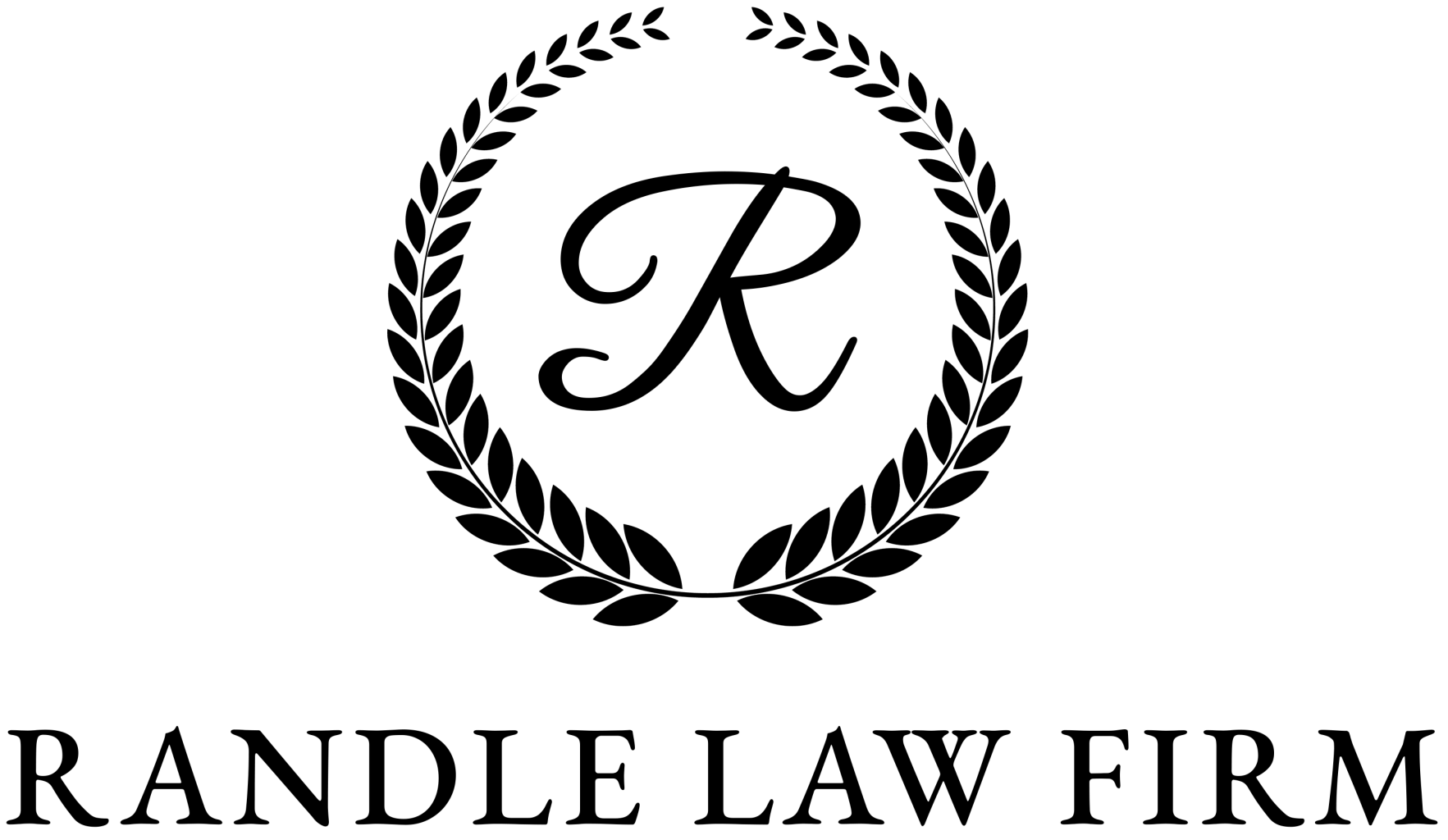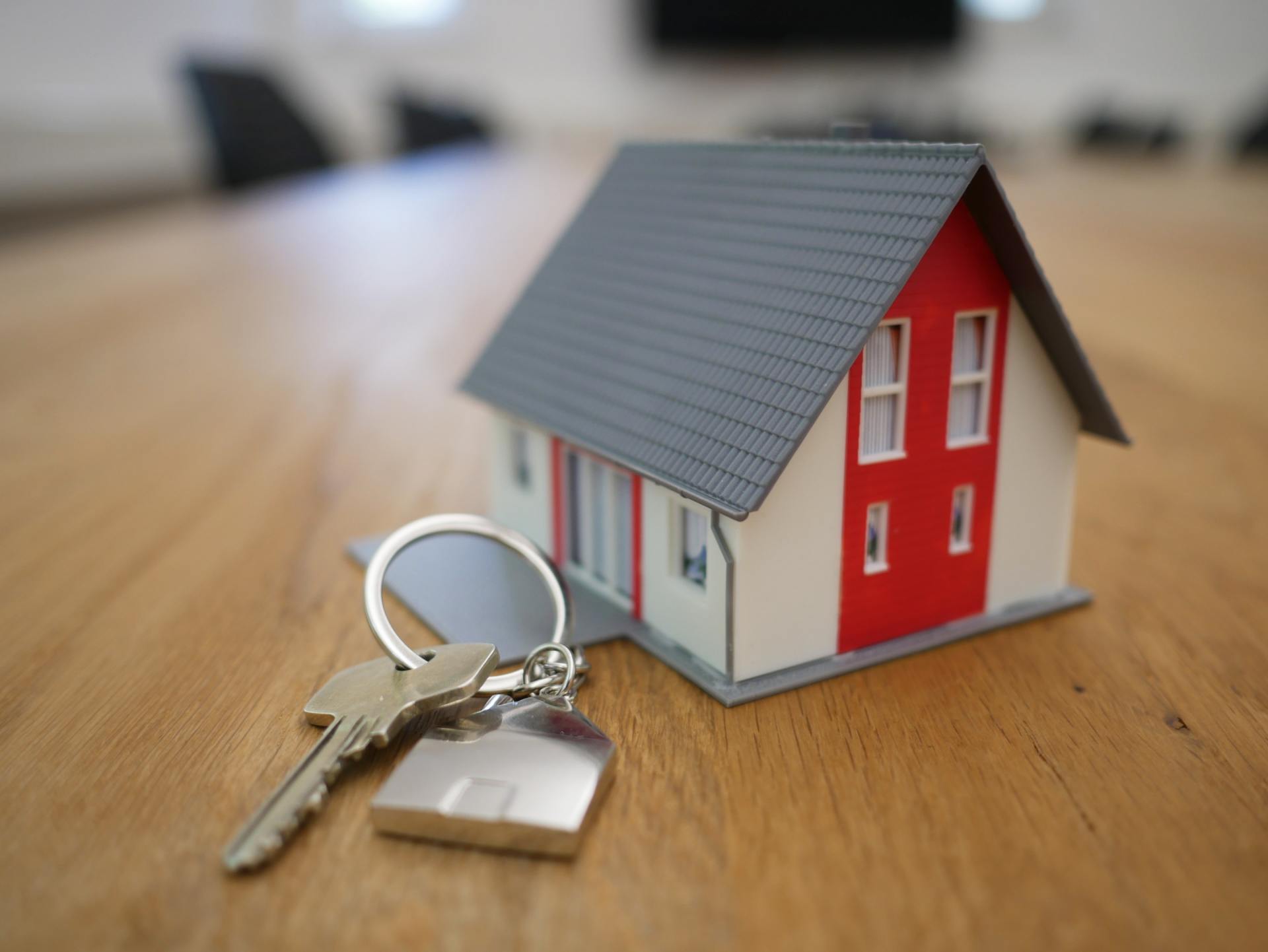Debt Consolidation Vs. Bankruptcy
Debt Consolidation
Vs. Bankruptcy
Having to deal with debt is already a very difficult and stressful task in and of itself. It can become even more stressful and complicated if we don’t know how to go about resolving these debts we have acquired. Debt consolidation and bankruptcy are two common ways that many individuals and businesses attempt to resolve their debts.
If you have reached the point where you think that one of these options may be necessary, understanding the differences between the two can help you decide which would be best for you and your situation.
Debt Consolidation
According to Investopedia, Debt consolidation is defined as the “combining of several unsecured debts into a single, new loan.” Essentially, debt consolidation involves merging all or most of your loans into one new loan, which can be either secured or unsecured. The new loan may prove to be a more convenient and manageable way of paying off existing debts with a potentially lower interest rate and monthly payment.
Student loans, credit card balances, and other forms of debt are frequent reasons why people choose debt consolidation. Debt consolidation options may be offered through local loan companies, financial institutions or through companies that take a fee to negotiate with your unsecured creditors. You make one payment to the company who then pays your creditors the negotiated sum and retain a fee for managing your bills.
Debt consolidation is different from debt settlement companies, so be sure to ask questions, such as: 1) what fee will be charged and is there a refund if I want to discontinue the program? 2) will all creditors be included 3) what interest rate(s) will apply? 4) will my creditors be paid every month or only after enough money has been saved to pay them a negotiated lump sum? 5) how will the program impact my credit?
Please keep in mind that true debt consolidation programs often impact your credit the same as Chapter 13 bankruptcy and your accounts will be closed to further use.
Also, unless your creditors agree to the terms, they cannot be forced by law to participate in the repayment scheme. Most importantly, debt consolidation cannot help you with debts involving secured loans, such as mortgages or car payments. In those situations, you may want to consider bankruptcy to bring your payments current and possible lower interest rates and payments on some loans.
Bankruptcy
Bankruptcy is “a legal proceeding involving a person or business that is unable to repay outstanding debts.” When filing for bankruptcy, many legal documents and a petition must be completed. Working with a bankruptcy attorney is essential in order to help you through the entire legal process. There are petition preparer services but be wary and check with your local bankruptcy court to ensure that the preparers are in good standing with the Court. Many preparers are currently under Court scrutiny.
With bankruptcy all of your assets are evaluated in order to help repay your outstanding debts. You can work with your attorney in order to determine which assets you can protect, such as your home or car. If the bankruptcy proceedings are successful in taking care of your debts, you would then be relieved of those debt obligations that were acquired before filing for bankruptcy.
As mentioned earlier, bankruptcy is usually a better option for those dealing with larger debt issues, such as foreclosure and repossession and with unsecured creditors that aren’t willing to work with you in a fashion that allows you to pay everyone. Bankruptcy is the only option that brings unsecured debts to zero percent interest without negotiation, has fees monitored and set by a court and that can stop foreclosure, lawsuits and garnishments. If you are unable to make your mortgage or car payments, bankruptcy would probably be the better option for you, since debt consolidation would not be able to help. Although a bankruptcy will impact your credit, you have exceedingly more protections under the law than with debt consolidation and debt settlement programs.
For more information on debt consolidation, bankruptcy, and other ways to help you pay back and get out of your debts, please call 423-521-8000 if you live in or near the Chattanooga, TN or within a 70 mile radius.








